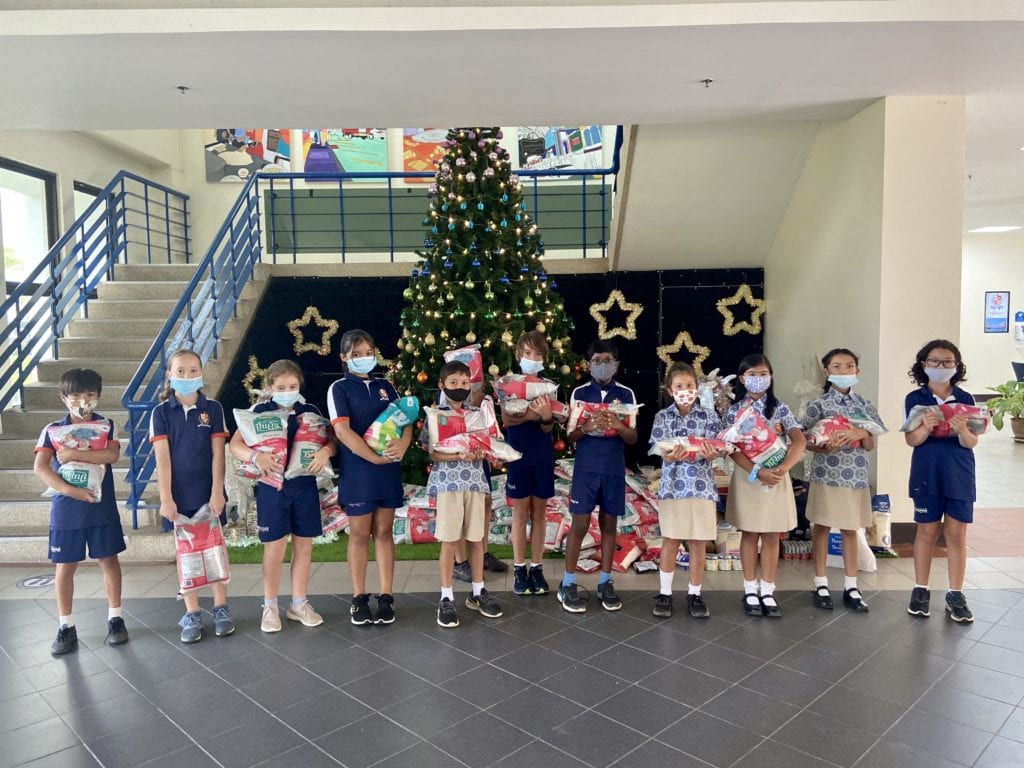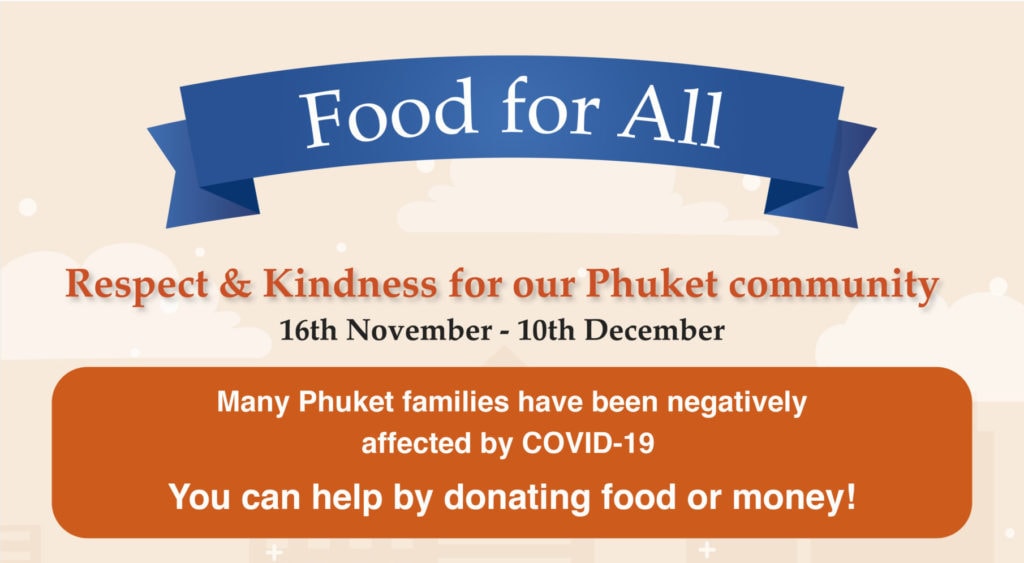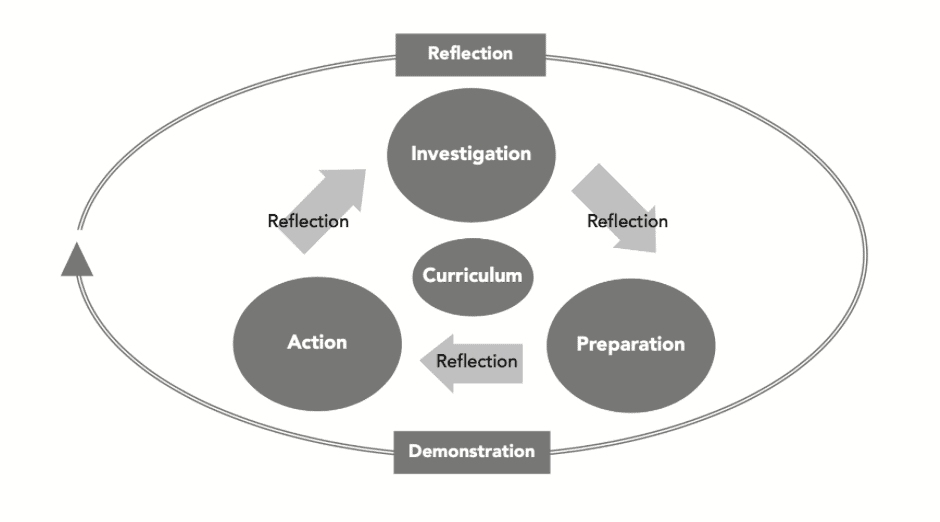This term at British International School, Phuket (BISP), we have embarked on a food drive to support communities on the island who face the bitter challenge of the Covid-19 crisis. Students across the Primary and Secondary School, as well as our parent community and staff, have reflected upon the needs of others and identified the very real and authentic plight of communities on our doorstep who are suffering from the loss of income or a livelihood dependent on international tourism. This realisation, or identification, is the first step in a process of service learning and leads to further student engagement through action or advocacy.
The best way to find yourself is to lose yourself in the service of others.
– Mahatma Gandhi
Since working internationally I have been fortunate enough to work with Kathy Berger-Kay, a world-renowned author and facilitator of service learning programmes in international schools. Kathy promotes equity, social justice, and social and emotional wellbeing through service-learning programmes and experiences across all age groups. Berger-Kay’s model of service learning adopts the following developmental sequence:
Investigation: For this students learn about the issue, ‘finding out’ about themselves, community strengths and community needs. This typically reveals the authentic need that students will address.
Preparation: Students acquire content knowledge and raise and resolve questions regarding the authentic need. They identify community partners, organise a plan with clarification of roles, responsibilities and timelines, and develop skills needed to successfully carry out the plan.
Action: Students implement their plan through direct service, indirect service, advocacy, and/or further research. Action is planned with partners based on mutual understandings and perspectives and aims for reciprocal benefits for all involved.
Reflection: Reflection is ongoing and occurs as a considered summation of thoughts and feelings regarding essential questions and varied experiences to inform content knowledge, increase self-awareness, and assist in ongoing planning. When students have varying modalities for reflection, they grow to identify their preferred ways to reflect and value the reflective process. This leads to students becoming reflective by choice.
Demonstration: Student demonstration captures the entire service learning experience, beginning with investigation, and includes what has been learned, the process of learning, and the service or contribution accomplished.
(adapted from Kay 2010. The Complete Guide to Service Learning. 2nd edition. Free Spirit Publishing)
Our ‘Food for All’ food drive initiative at BISP has exemplified Berger-Kay’s service learning model in action and has moved students from a position of passive acceptance to develop an awareness and understanding of the complex social, economic and political interconnectedness of the world and the impact that changes like Covid 19 can have on others. The annual ‘Spirit Week’, designed to foster a greater sense of camaraderie and belonging within our school community, has adopted a new purpose and meaning as students extend their ‘spirit of generosity’ to our wider community.
In one week our food drive has raised enough money to feed over 200 families (of four) for one week during these difficult times. Our students will continue to purchase, deliver and distribute food items – mainly oils, noodles, rice, sugar and tinned fish – during the remainder of this term.
In the same week in the Secondary School, our Student Leadership team were simultaneously raising awareness of issues related to kindness, healthy sleep habits, and diabetes through public advocacy. Taking action does not always mean standing on the frontline. As children pull through adolescence they get to know their own minds, often an emotional tussle, which can trigger a desire to speak up and speak out over issues that matter most.
Berger-Kay argues that the benefit of service learning is reciprocal between those who give and those who receive. We do not want our students to learn from a singular act of charitable kindness. Service learning is an experiential and relational process where students engage in real-life issues through application and reflection. It is this process that facilitates sustainable intellectual, personal and social growth.
Phuket will take some time to return to normal, and the BISP community will continue to support its recovery. We hope that through this experience and further exposure to the process of service learning, our students will develop a passion to become the generation where giving is more commonplace than receiving.



